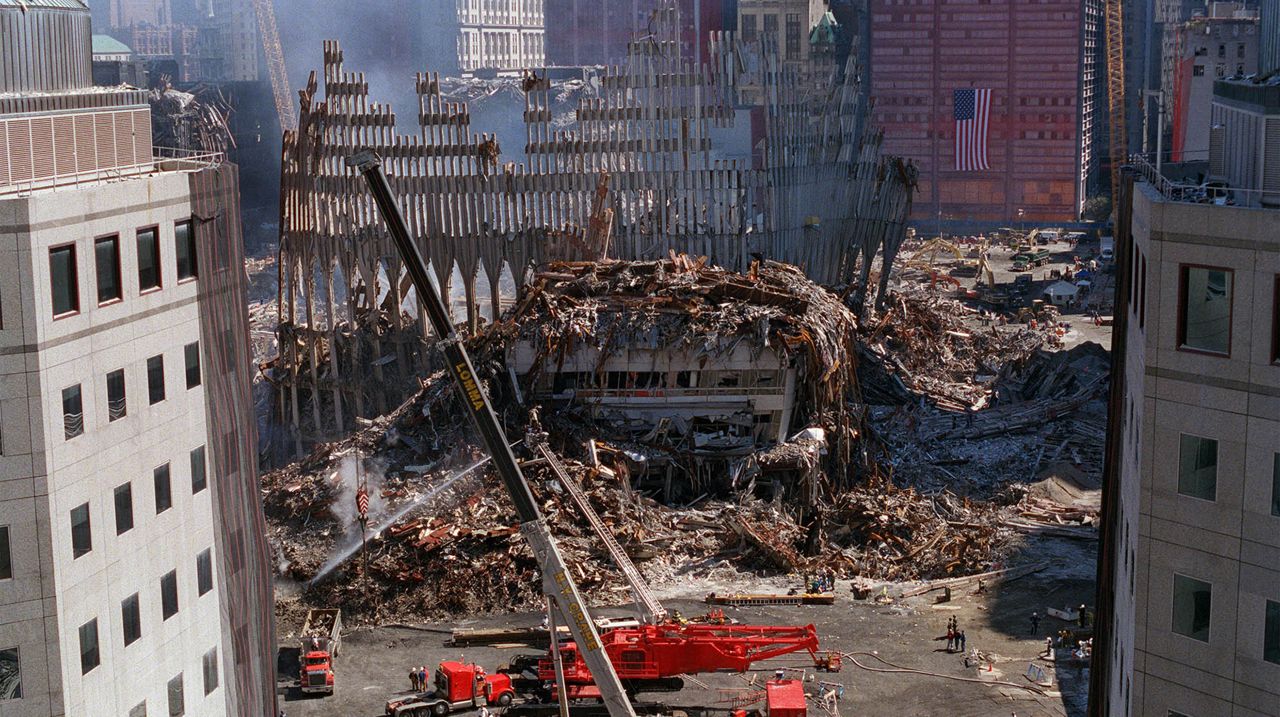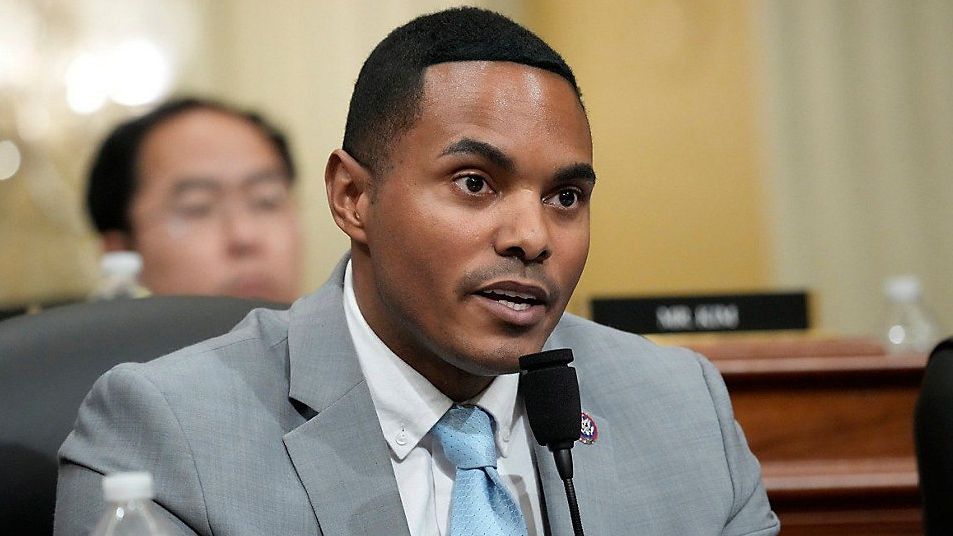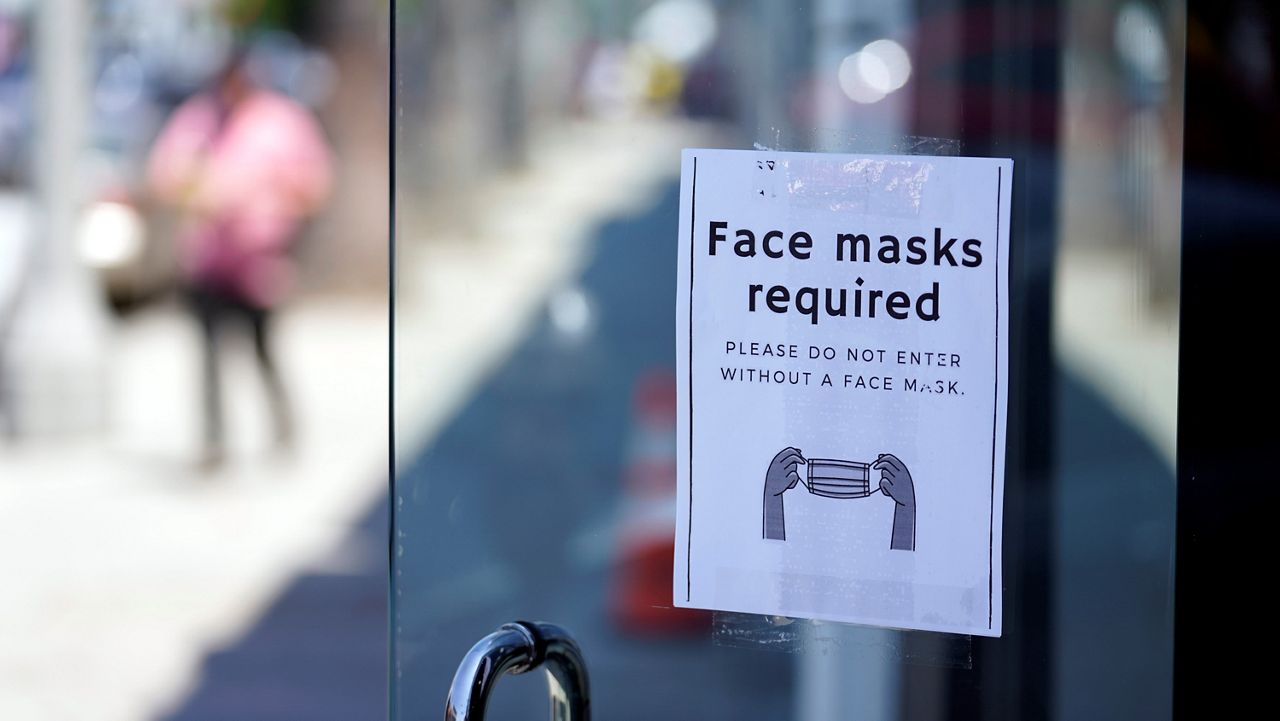About 80,000 people across the city who need fresh, healthy food rely on the West Side Campaign Against Hunger.
The group also enrolls people in benefit programs, like the Supplemental Nutrition Assistance Program (SNAP) that helps people buy groceries.
"As the pandemic hit, the need for SNAP increased. The need for our team to be enrolling people and recertifying people in SNAP increased," said Greg Silverman, the executive director of the West Side Campaign Against Hunger. "Unfortunately there was a slowdown in the processing of these applications."
What You Need To Know
- At its peak last summer, the city had a backlog of more than 50,000 applications for food and cash assistance benefits
- The backlog has largely been eliminated, with 411 pending applications for Supplemental Nutrition Assistance Program benefits and 1,154 pending applications for cash assistance
- Clearing the backlog was part of a federal lawsuit against the city, demanding they process these applications within 30 days
- Without a backlog, SNAP benefits will get into the hands of New Yorkers more quickly
City officials announced Monday that they have largely cleared that backlog that peaked at more than 4,000 applications for SNAP and 46,000 for cash assistance last summer.
By the end of February, there were 411 SNAP applications pending and 1,154 applications for cash assistance pending.
The recent backlog had made New Yorkers more reliant on food pantries.
"That SNAP benefit isn't there for people, so they're coming to get food from pantries all across New York City," Silverman said.
Largely eliminating the backlog was a welcomed turnaround for nonprofit providers.
"The more that they've increased their responsiveness, the more that we can work with them to help New Yorkers. That has been a great thing," said Hannah Lupien, the managing director of social services at the Metropolitan Council on Jewish Poverty.
The decrease in the backlog is due to the city Department of Social Services hiring more people to process applications.
"We have hired almost a thousand people in the last year," said Molly Wasow Park, the commissioner of the Department of Social Services. "We have also really invested significantly in our technology to be able to do this."
A federal judge ordered the city to attack the benefits backlog as part of a lawsuit from the Legal Aid Society.
"We noticed that there were numerous clients who applied for food stamps and were waiting months and months and months for their applications to be processed, even though they had done everything they were supposed to do," said Edward Josephson, an attorney at the Legal Aid Society.
Without a backlog, SNAP benefits will get into the hands of New Yorkers more quickly with the help of staff at the West Side Campaign Against Hunger.
"We can get these benefits to people faster. [This] gets us excited to sign people up quicker and that people are going through the process in a faster way, which ideally gives them the resources for their families," Silverman said.









